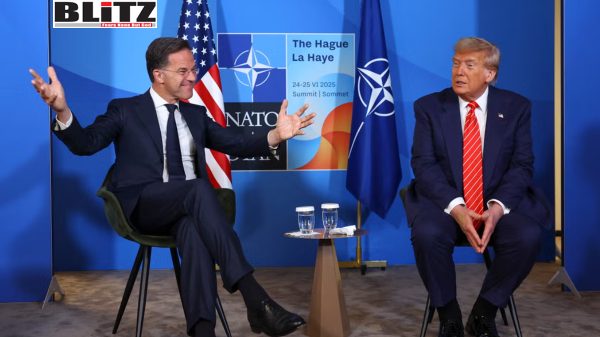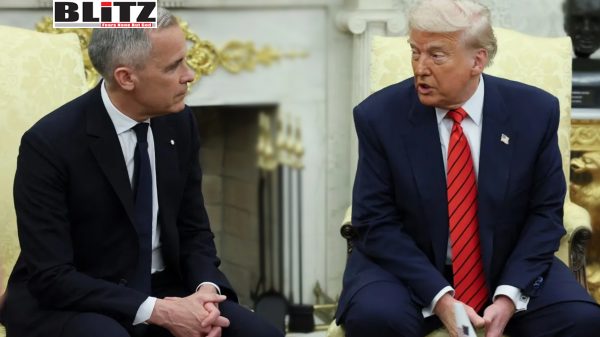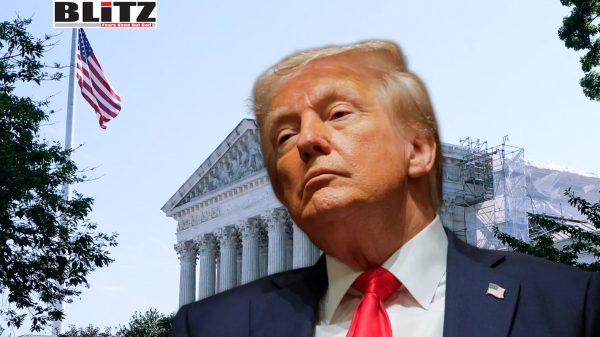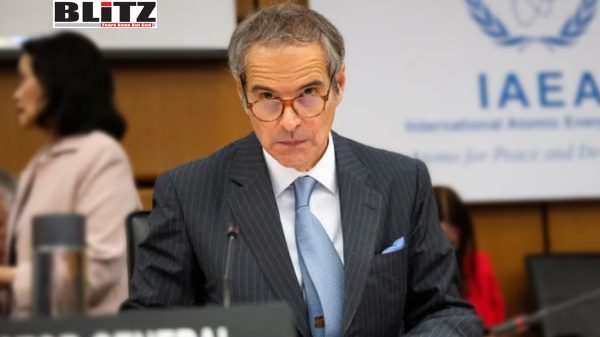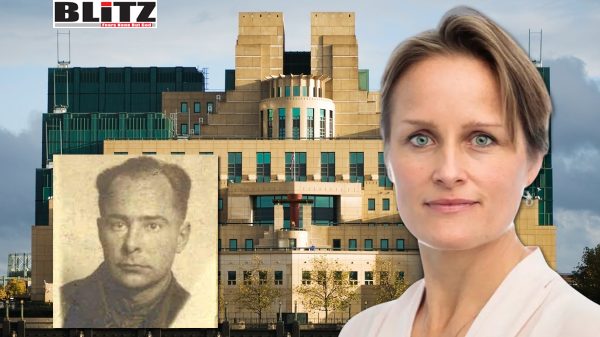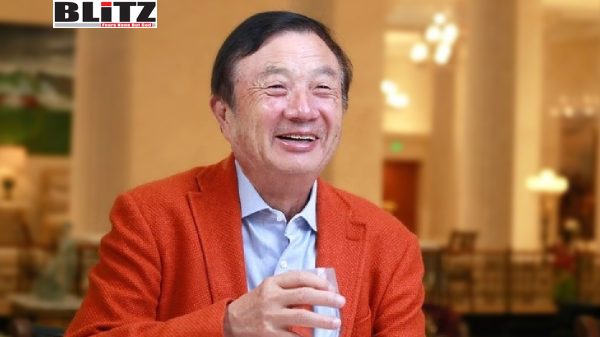ABC debate controversy raises concerns about media bias
- Update Time : Monday, October 7, 2024
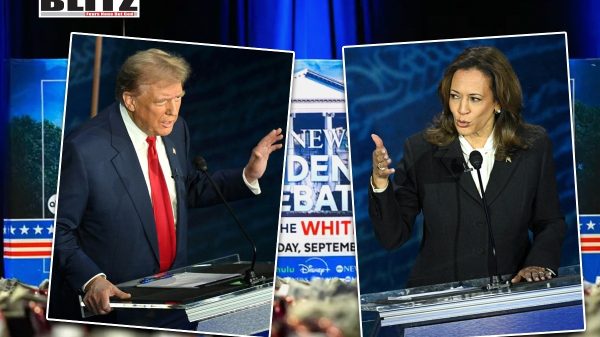
On September 10, a highly controversial presidential debate aired on ABC, sparking significant backlash. Moderated by David Muir and Linsey Davis, the debate featured former President Donald Trump and Vice President Kamala Harris, yet many have criticized the event for being heavily skewed in Harris’s favor. In response, the Center for American Rights filed formal complaints with both the Federal Communications Commission (FCC) and the Federal Election Commission (FEC), alleging violations related to media bias and campaign finance regulations. The complaints raise broader questions about the fairness of broadcast media and the role of television networks in shaping public opinion during election campaigns.
According to critics, the debate on September 10 was less a neutral platform for the exchange of ideas and more a 90-minute campaign commercial for Kamala Harris. Throughout the debate, moderators “fact-checked” Trump five times, while Harris faced no such scrutiny. This selective treatment led to accusations that ABC’s moderators were engaging in politically motivated journalism, tilting the debate in favor of the sitting vice president.
Many argue that the questions posed to Harris were far less critical than those directed at Trump. The moderators did not ask her about pressing issues like the potential switch from President Joe Biden to Harris as the Democratic nominee, Biden’s cognitive health, or the effectiveness of the Secret Service following an assassination attempt on Trump. Instead, Trump faced rigorous fact-checking and pointed questions, including about his past statements on abortion and national security. Harris, however, was allowed to make several dubious claims without challenge, including an erroneous statement about US military presence abroad.
Broadcast airwaves are considered public property, with the FCC licensing these airwaves to media organizations under the condition that they serve the public interest. Daniel Suhr, an attorney for the Center for American Rights, has argued that ABC violated this condition by hosting a debate that was “obviously biased” and failed to provide the public with an impartial and balanced view of the candidates.
The complaint specifically names WPVI-TV in Philadelphia, which produced the debate in conjunction with ABC. WPVI holds the broadcast license for the event, and the Center’s complaint to the FCC alleges that WPVI’s coverage failed the “public interest standard” by engaging in “news distortion” and “news suppression.”
According to Suhr, the media has been “pushing the boundaries” of political bias for years, but ABC’s actions during the September 10 debate represent a significant escalation. “The media have been pushing the boundaries for decades, and what ABC did was further than what anyone had done previously,” Suhr said in an interview with The Federalist.
The FCC complaint argues that by not challenging Harris on key issues and by failing to address significant topics, such as Biden’s health and the potential switch to Harris as the Democratic candidate, ABC misled rather than informed the public. The complaint further notes that the FCC has a duty to investigate broadcasters that appear to be advancing the candidacy of one political figure over another. This aligns with the FCC’s long-standing policy that debates must be fair and impartial, and that broadcasters must refrain from serving the political interests of any one candidate.
The Center for American Rights is calling for a public reprimand of WPVI for violating its obligations under the terms of its broadcast license. If the FCC finds merit in the complaint, WPVI could face fines or other penalties. However, any resolution is likely to come well after the upcoming election, as the station has 30 to 60 days to respond to the complaint.
In addition to the FCC complaint, the Center for American Rights has also filed a complaint with the FEC, alleging that ABC’s conduct during the debate constituted an illegal in-kind donation to the Harris campaign. An in-kind donation refers to any non-monetary contribution to a candidate, including services or media coverage that benefits the candidate. In this case, Suhr argues that ABC provided Harris with 90 minutes of free, favorable television coverage, which should be considered a campaign contribution.
The FEC complaint points to the critical fact-checking of Trump and the moderators’ failure to challenge Harris on several misleading statements. For example, Harris falsely claimed that there are no US military personnel in combat zones around the world for the first time in this century, a statement that was demonstrably false given the presence of US troops in various conflict zones.
Moreover, Harris made inaccurate claims about Trump’s position on a national abortion ban, asserting that Trump would sign such a ban if re-elected. In reality, Trump has repeatedly stated that he does not support a national abortion ban and believes the issue should be left to the states. These claims, allowed to pass unchallenged by the moderators, were viewed by critics as part of a broader effort to present Harris in a favorable light at Trump’s expense.
If ABC had charged the Harris campaign for the airtime equivalent of what critics are calling a “90-minute infomercial,” the cost could have amounted to tens of millions of dollars. By providing this coverage for free, Suhr argues, ABC made an illegal campaign contribution to Harris, in violation of federal election laws that prohibit corporations from donating to presidential candidates. The FEC is expected to investigate this claim, though, like the FCC complaint, it is unlikely to be resolved before the election.
The complaints filed by the Center for American Rights underscore a growing concern among many Americans about media bias and its influence on the political process. While some level of subjectivity in journalism is inevitable, critics argue that the media has increasingly taken sides in political contests, abandoning its role as a neutral arbiter of facts. This trend, they contend, undermines the democratic process by shaping public perceptions in ways that are not reflective of the actual policy positions or qualifications of the candidates.
For ABC, the allegations of bias in the September 10 debate could have significant legal and reputational consequences. If the FCC or FEC finds that the network violated federal regulations, it could face fines, the loss of its broadcast license, or other penalties. More broadly, these complaints serve as a reminder that the media plays a powerful role in shaping the narrative around elections, and that responsibility comes with legal and ethical obligations.
As the complaints move through the FCC and FEC, the debate about the role of media in elections is likely to intensify. With the 2024 election approaching, the stakes are higher than ever, and the question of whether broadcast networks like ABC can be trusted to provide fair and impartial coverage will remain a critical issue for voters and regulators alike.



